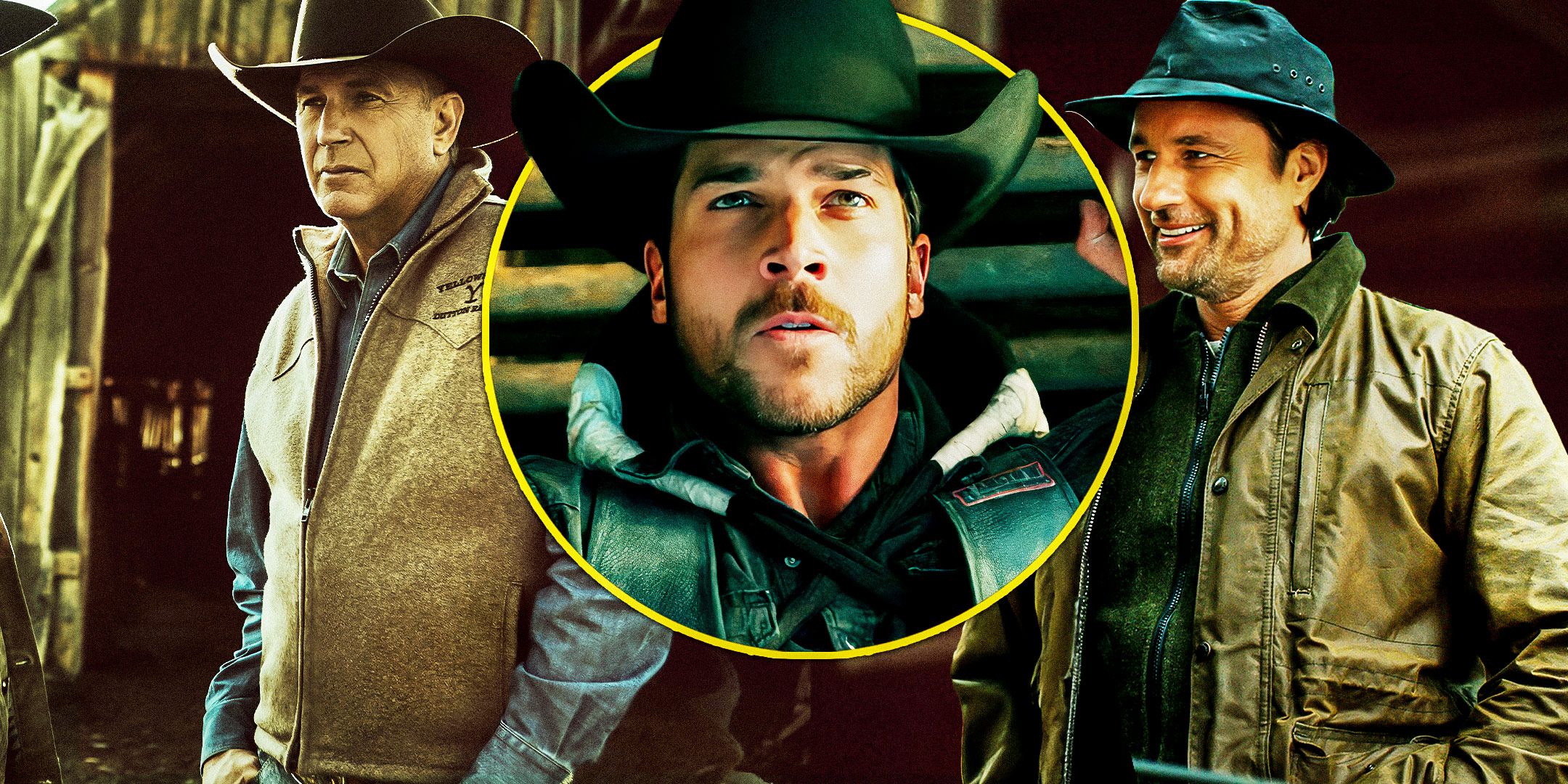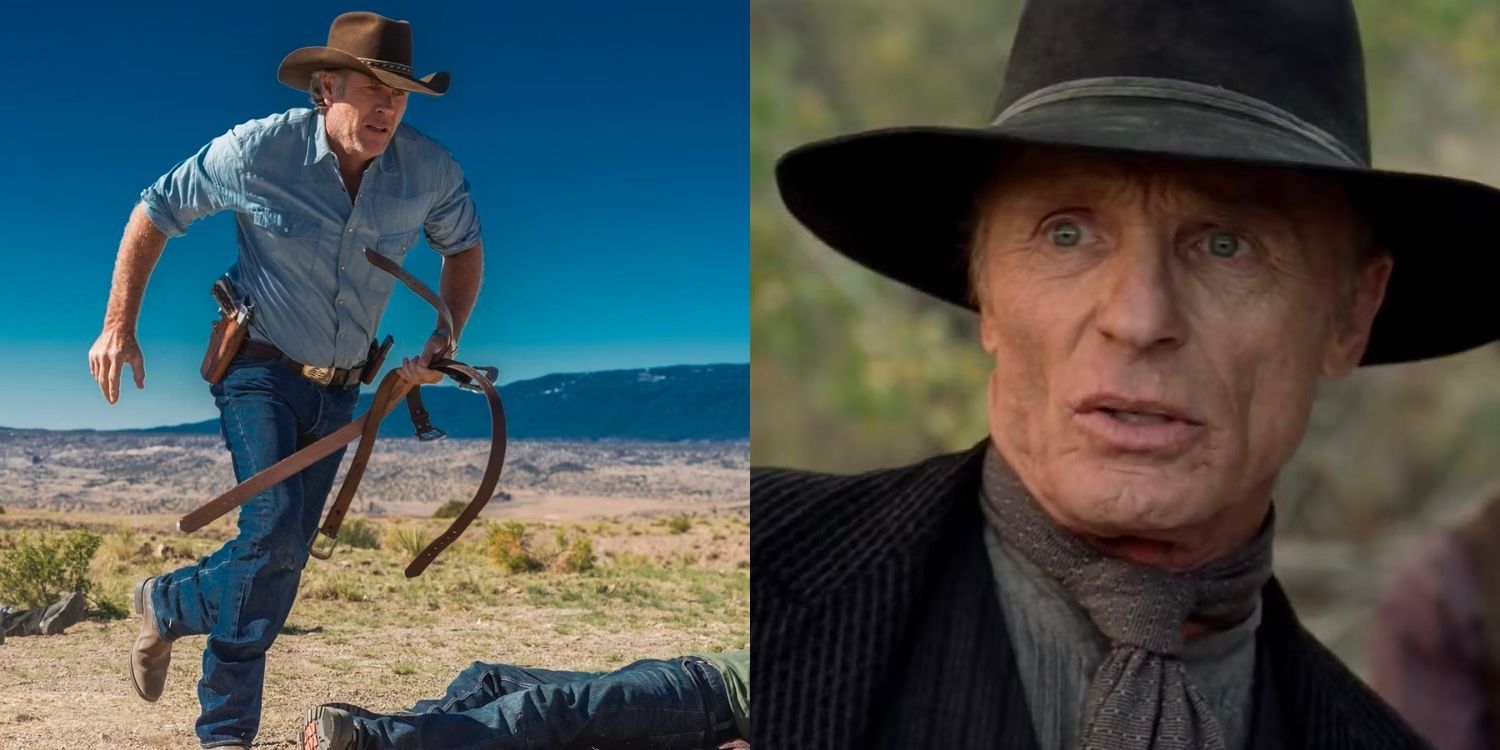Created by April Blair, the new Netflix show is a contemporary Western that chronicles the intersecting lives – and romances – of three ranching families in the hill country of Texas.

In a recent interview ScreenRant‘s Grant Hermanns for Ransom Canyon‘s release on Netflix, Schumacher shares his thoughts about the show’s similarities to Yellowstone and Virgin River. While the star sees why these types of comparisons are being made, with all dealing with similar subject matter, he believes that Ransom Canyon charts its own course.
The fact that it’s “not a knockoff” is part of what excited him about the project. Check out Schumacher’s full comment below:

What This Means For Ransom Canyon
Yellowstone & Virgin River’s Success Explained
Taylor Sheridan’s Yellowstone, a neo-Western, is undoubtedly one of the biggest and most important shows of the past decade, and its success on Paramount has led to two spinoffs, 1883 and 1923, with more on the way.
The series chronicles one family’s attempts to hold onto their ranch in Montana, and all the violence, romance, and inter-family squabbling that comes with that.
Virgin River, on the other hand, isn’t as much of a neo-Western, but the Netflix show does feature Western-like vistas, with a story that is more focused on the romantic endeavors of lead character Melinda Monroe (Alexandra Breckenridge).

Our Take On The Ransom Canyon Comparisons
The Netflix Show Could Be A Hit
There isn’t a clear critical consensus on the show just yet, but ScreenRant‘s own Ransom Canyon review from Greg MacArthur is a promising sign with an eight out of 10 score.
MacArthur writes that the show “finds ways to surprise you, make you laugh, and break your heart,” in addition to offering a compelling murder-mystery storyline to accompany the romance.
Though the Yellowstone and Virgin River comparisons may get viewers to check the series out, it’s the strong storyteling and performances that will get them to keep watching through to the end.
It remains to be seen whether Ransom Canyon will catch on in the way those other two shows have, but audiences evidently shouldn’t expect a knockoff of what they’ve seen